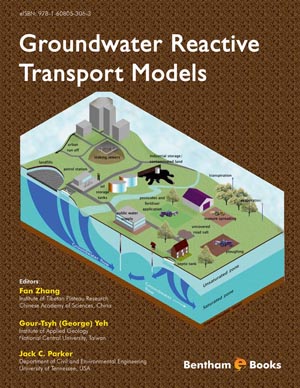Abstract
Nanomaterials have shown promising environmental remediation solutions
owing to their unique chemical and physical properties. However, their probable
impacts on human health and the environment must be evaluated before widespread
implementation. This chapter aims to assess the ecotoxicity and risk associated with
nanomaterials in environmental remediation. A comprehensive literature review has
been conducted to evaluate the available data on ecotoxicity of nanomaterials,
including their effects on aquatic and terrestrial organisms and mechanisms of toxicity.
In addition, a risk assessment framework has been developed to assess the risks
associated with nanomaterials in environmental remediation, taking into account the
hazards, exposure, and vulnerability of different environmental receptors. Investigation
of this study proposes that though nanomaterials have the potential to be effective in
environmental remediation, there are significant concerns about their potential toxicity
and risks. Further, research is needed to better understand the ecotoxicity and risk of
nanomaterials, as well as to develop effective risk management strategies for their use
in environmental remediation. Overall, this chapter highlights the importance of careful
consideration of the ecological impacts and risks of nanomaterials before implementing
them in environmental remediation programs.












